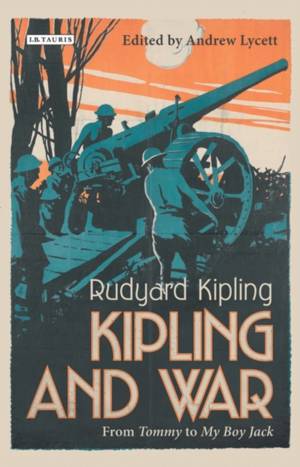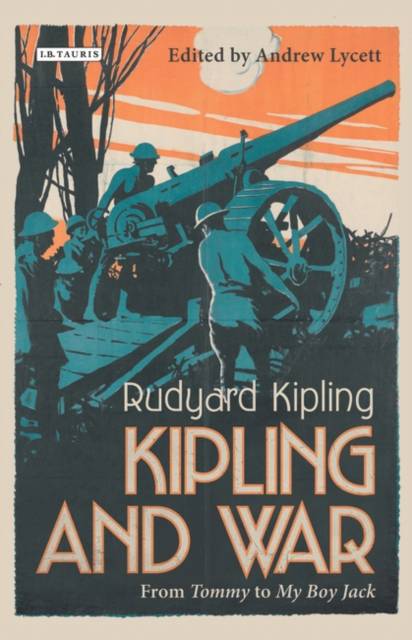
Bedankt voor het vertrouwen het afgelopen jaar! Om jou te bedanken bieden we GRATIS verzending (in België) aan op alles gedurende de hele maand januari.
- Afhalen na 1 uur in een winkel met voorraad
- In januari gratis thuislevering in België
- Ruim aanbod met 7 miljoen producten
Bedankt voor het vertrouwen het afgelopen jaar! Om jou te bedanken bieden we GRATIS verzending (in België) aan op alles gedurende de hele maand januari.
- Afhalen na 1 uur in een winkel met voorraad
- In januari gratis thuislevering in België
- Ruim aanbod met 7 miljoen producten
Zoeken
Omschrijving
Although Rudyard Kipling never fought, he was one of Britiain's foremost observers of and commentators on war. Through his writing on the harsh realities of life as a private and accounts of feats of courage and comradeship during the frontier wars in India, 19th century British campaigns in Sudan, the Boer Wars and the First World War, he became the poet of the common soldier. Although he wrote propaganda for the government in the Boer and First World Wars, Kipling was also acerbic in his criticism of military incompetence, deeply compassionate towards the victims of war and despairing of the senseless bloodshed that he witnessed. Through his writing, the voices of countless soldiers and the guns of many battles echo through the years and place Kipling firmly firmly among the leading practitioners of 19th and 20th century war literature.
Specificaties
Betrokkenen
- Auteur(s):
- Uitgeverij:
Inhoud
- Aantal bladzijden:
- 288
- Taal:
- Engels
Eigenschappen
- Productcode (EAN):
- 9781784533335
- Verschijningsdatum:
- 30/11/2015
- Uitvoering:
- Hardcover
- Formaat:
- Genaaid
- Afmetingen:
- 137 mm x 218 mm
- Gewicht:
- 544 g

Alleen bij Standaard Boekhandel
+ 55 punten op je klantenkaart van Standaard Boekhandel
Beoordelingen
We publiceren alleen reviews die voldoen aan de voorwaarden voor reviews. Bekijk onze voorwaarden voor reviews.









